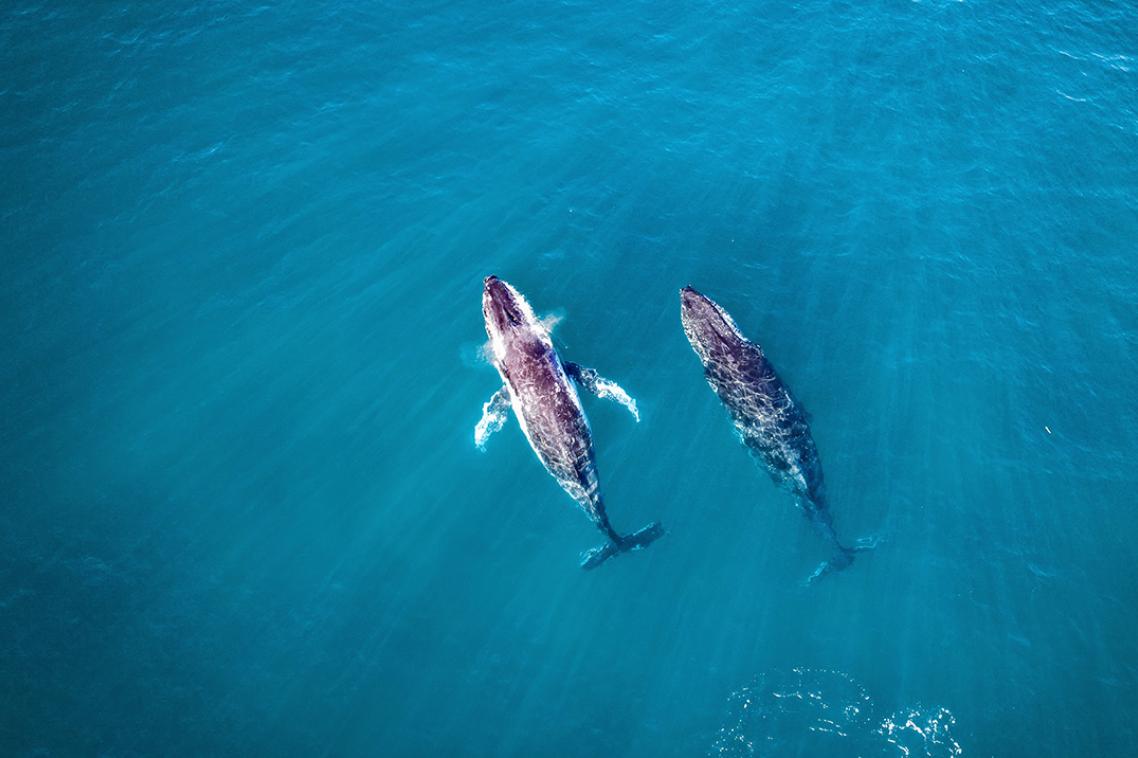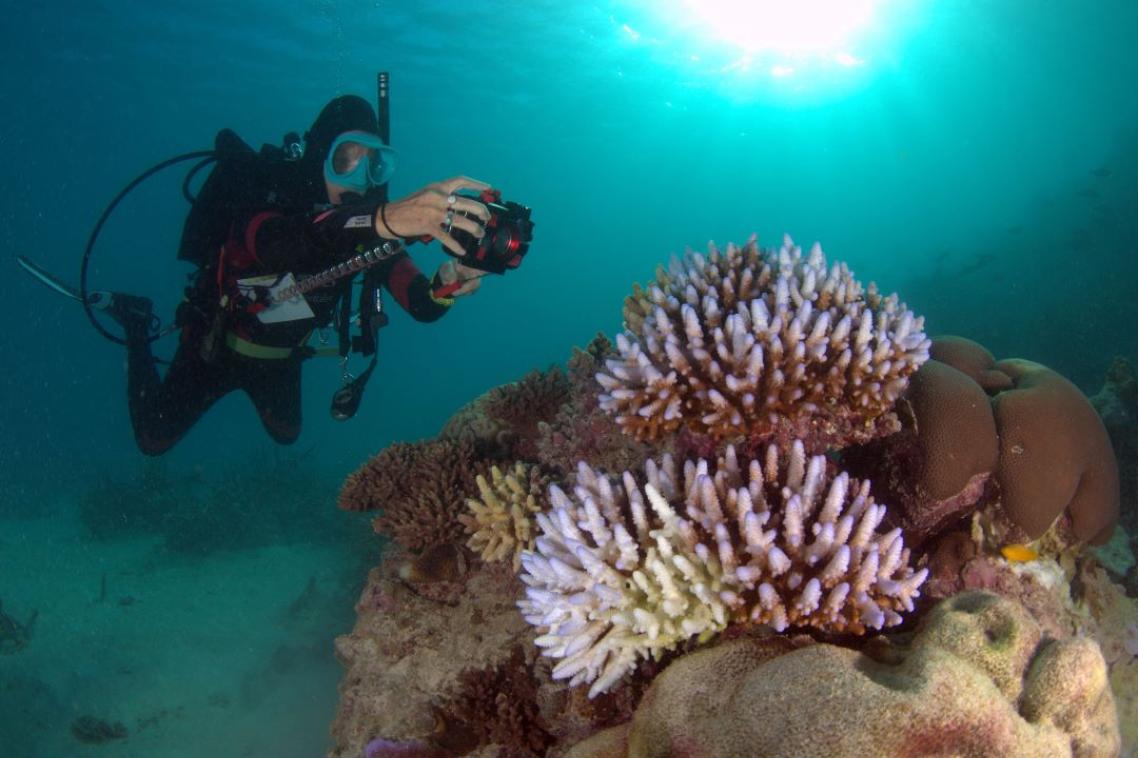Brisbane dam opposition fostered an 'unusual' alliance, researcher finds
Opposition to a major dam north of Brisbane divided communities and also brought them together, a researcher from The University of Queensland discovered.
Postdoctoral Research Fellow in UQ’s School of Social Science, Dr Kim de Rijke completed his PhD thesis on socio-cultural issues surrounding plans to build a major dam north of Brisbane.
Dr Rijke found that government plans to build the Traveston Crossing Dam on the Mary River helped forge a sense of community as a diverse group banded together to oppose it, particularly through the Save the Mary River campaign.
“The dam was to inundate a large area of agricultural land upstream from the proposed dam site and would displace hundreds of families,” Dr Rijke said.
“Drawing on anthropological concepts of community and identity politics, the thesis describes how a sense of community was forged in this area despite significant local diversity,” Dr de Rijke said.
As an “unusual” alliance between farmers, environmentalists, urban retirees, some Aboriginal people and others was forged, Dr de Rijke said there were considerable internal differences among the activists in terms of political orientation, socio-economic activities and environmental engagements.
“Teams were devised with responsibility for certain aspects of the campaign, including sign-making, scientific analysis, information centre work, public events, and so on.
“This approach, combined with the use of emotive humour to diffuse tension, in effect suspended internal differences and allowed the formation of a cohesive Mary Valley community, strengthening the position of relative newcomers as community spokespersons,” he said.
Titled ‘Water, Place and Community: An Ethnography of Environmental Engagement, Emplaced Identity and the Traveston Crossing Dam Dispute in Queensland, Australia’, his PhD thesis was a detailed ethnographic study addressing the dispute, focusing particularly on understanding local environmental engagements, emplaced identity and the symbolic politics of community.
“As one of the driest countries in the world, Australia is increasingly concerned with the supply of water for human consumption, food production and environmental purposes.
“The dam was aimed, among other things, at providing additional drinking water for the city of Brisbane, which was by then effectively running out of water,” he said.
Dr de Rijke’s work in environmental anthropology will be published over the next few years.
Dr de Rijke was recently awarded his PhD in Anthropology and has now turned his attention to the social and cultural aspects of coal seam gas developments in eastern Australia.
Media: Janelle Kirkland (07) 3346 0561 or j.kirkland@uq.edu.au
Related articles

Decades of surveys show whale migration shift

Thousands of Queensland reef photos lead to worldwide change
Media contact
UQ Communications
communications@uq.edu.au
+61 429 056 139
